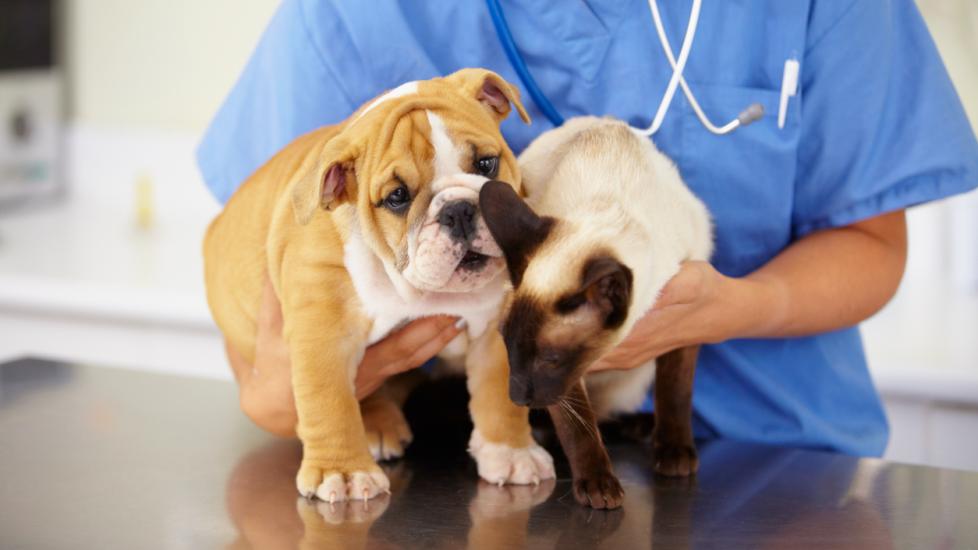 Preparing for Your Pet’s Annual Wellness Examination:
Preparing for Your Pet’s Annual Wellness Examination:
As a pet parent, ensuring the health and well-being of your furry friend is paramount. The annual wellness examination provides an opportunity for veterinarians to assess your pet’s overall condition, identify potential issues early on, and provide preventive care recommendations tailored to their specific needs. Here are some essential steps you can take to prepare for this crucial appointment:
-
Schedule Ahead: Plan your pet’s exam in advance so that both you and your vet have ample time to discuss any concerns or changes in your pet’s behavior or health status.
-
Health History Update: Before the visit, make notes about any new symptoms, medications, or dietary adjustments your pet has experienced since their last checkup. This information will be invaluable during the consultation with your veterinarian.
-
Medication Review: Ensure all current medications (including over-the-counter supplements) are up to date and organized. Bring these items to the appointment so that your veterinarian can review them and offer advice if necessary.
-
Dental Hygiene Check: Brush your dog’s teeth regularly using appropriate toothpaste and a soft brush, or gently clean your cat’s paws and tongue before the exam. Good dental hygiene promotes oral health and reduces bad breath.
-
Weight Management: If weight loss or gain is a concern, monitor your pet’s food intake closely leading up to the exam. Weight fluctuations can indicate underlying health problems, which your vet should address promptly.
-
Vaccine Status: Confirm whether it’s time for booster shots or additional vaccines based on your pet’s age and lifestyle. Vaccinations protect against serious diseases such as rabies, parvovirus, and distemper.
-
Parasite Prevention: Discuss with your veterinarian the best preventative measures for fleas, ticks, heartworms, and other parasites based on where you live and your pet’s habits.
-
Cooperative Behavior Training: Practice basic commands like “stay” and “come” at home to help keep your pet calm and focused during the physical exam. Positive reinforcement techniques work wonders!
-
Clinic Preparation: Gather any paperwork required by the clinic ahead of time, including insurance forms or referral letters from specialists if applicable. This helps streamline the process once you arrive.
-
Comfort Measures: Consider bringing along something familiar, like a favorite toy or blanket, to reduce stress levels for anxious pets during the visit.
By taking these proactive steps, you not only enhance the effectiveness of your pet’s wellness examination but also strengthen the bond between you and your trusted veterinary team. Remember, regular checkups contribute significantly to your pet’s longevity and quality of life—so let’s ensure they get off to a healthy start every year!
